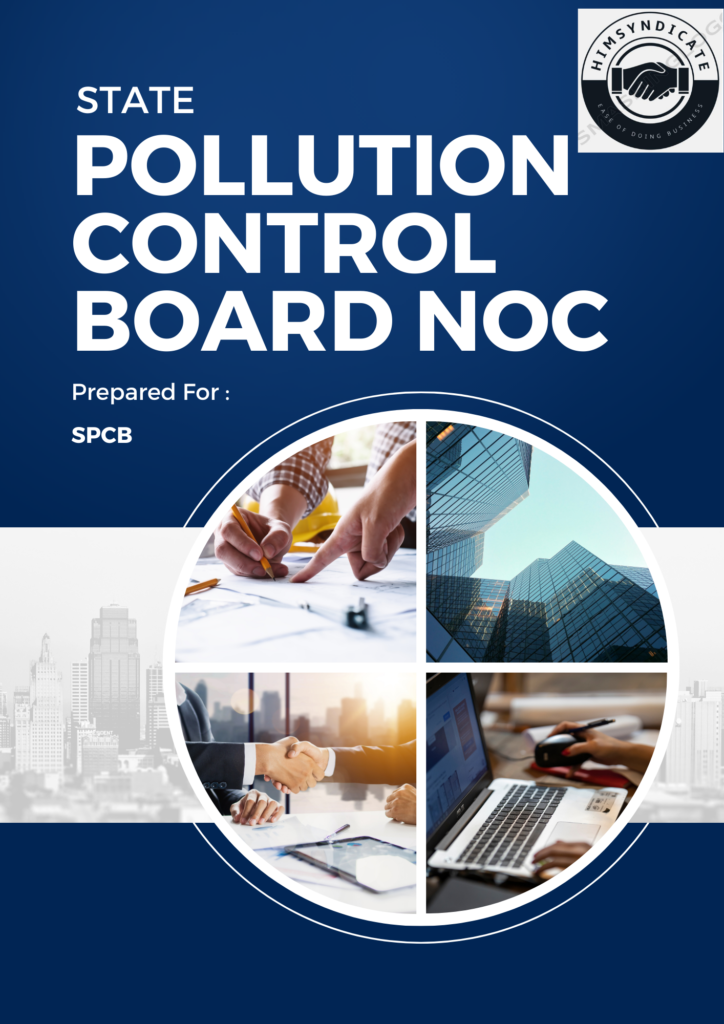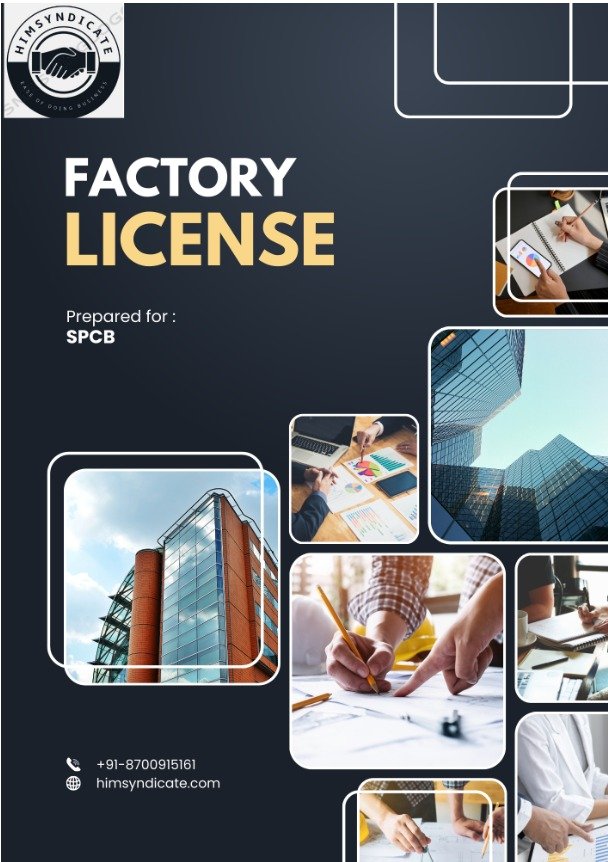Empower Your Startup Journey: Streamlined Business Registration & Licensing
Popular services

Business Start Up to Small Medium Enterprises
The Journey from Startup to SME: A Basic Introduction
First, you must have a great idea. From there, market research is the next step to determine how realistic the idea is & what the current marketplace looks like for your idea. After the market research, create an effective business plan that outlines your Company Structure, mission, objectives, values, and goals.
One of the most vital steps is obtaining funding. This can come from savings, investors, family/friends, or loan. After raising funds, ensure you have done all the correct legal & paperwork. This means registering your business & obtaining any required permits or licenses. After this, establish a business location.
1. Startup Stage:
- Idea & Planning: This is where the magic begins! You identify a market need, develop your business concept, and create a solid plan.
- Legal & Regulatory: Secure necessary licenses and permits, choose a business structure, and establish basic legal frameworks.
- Funding & Resources: Bootstrapping, securing funding (loans, investors), and acquiring essential resources like equipment and staff.
- Building a Brand: Crafting a unique brand identity, defining your target audience, and establishing a marketing strategy.
- Initial Launch: Opening your doors (or going online), starting customer acquisition, and generating initial sales.
2. Growth Stage:
- Market Validation: Testing your product/service in the market, refining your offerings based on customer feedback.
- Scaling Operations: Streamlining processes, potentially expanding your team, and exploring new marketing channels.
- Building a Customer Base: Focusing on customer retention, loyalty programs, and acquiring new customers.
- Financial Stability: Managing cash flow, securing additional funding for growth, and establishing financial reporting systems.
- Facing Competition: Adapting strategies to stay ahead of competitors and ensure your business stands out.
3. SME Stage:
- Established Presence: Your business is well-known in its niche, has a loyal customer base, and operates efficiently.
- Focus on Sustainability: Refining operations for long-term success, potentially exploring new markets or product lines.
- Leadership & Management: Developing strong leadership skills, having a defined management structure, and fostering a positive work environment.
- Giving Back: Many SMEs choose to engage in social responsibility initiatives and contribute to their communities.
Our Services
Our organization Aim is EASE OF DOING BUSINESS
We Help to Start-Ups & Existing Businesses for Their Registration, Licensing, Compliance, Environmental clearance & Legal Services.
Business Registration

Proprietorship Firm
- Be Your Own Boss: Start Your Business Today (Simple & Low Cost)
- Fast & Easy: Launch Your Business as a Sole Proprietor
- Full Control, Low Fees: The Proprietor’s Advantage
- Quick Setup, Keep Profits: The Benefits of a Proprietorship

Partnership Firm
- Legal recognition: Makes your firm a separate legal entity from the partners.
- Dispute resolution: Provides a framework for resolving disagreements between partners.
- Easier access to credit: Can improve your credibility when seeking loans.

One Person Company
- A One Person Company (OPC) is a type of private limited company introduced in the Companies Act of 2013 in India.
- It allows a single individual to form a company with limited liability protection and a separate legal identity.

Private Limited company
Unleash Your Entrepreneurial Spirit: Launch Your Private Limited Company in India Today!
Empower yourself as a future business leader by establishing a Private Limited Company (Pvt. Ltd.) in India. This established and flexible business structure offers a secure foundation for your entrepreneurial journey.

Nidhi Company
A Nidhi company is a unique financial institution in India registered as a public limited company under the Companies Act, 2013. These companies are governed by a specific set of regulations established within the Companies Act framework, known as the Nidhi Rules, 2014.

Producer Company
The landscape of Indian production is undergoing a transformation, fueled by a powerful new tool: producer companies. These innovative entities empower primary producers, including FARMERS, ARTISANS, and FISHERMEN, to join forces and take control of their destinies.

Limited Liability Partnership
- Limited Liability Partnerships (LLPs) in India are registered under the Limited Liability Partnership Act, 2008.
- LLPs offer a compelling structure for businesses seeking the benefits of a partnership with the added security of limited liability.
Envrironmental Services

Pollution Control Board NOC
If your venture has the potential to impact air or water quality, you’ll likely need a PCB NOC. This typically applies to a broad range of entities, including:
- Industries: Manufacturing units, power plants, chemical factories, etc.
- Service Sectors: Hospitals, hotels, convention centers generating large volumes of waste.
- Construction Activities: Large-scale construction projects that might generate significant dust or require wastewater management.

Factory License
1. This Act may be called The Factories Act 1948. It extends to the whole of India, It shall come into force on the 1st day of April 1949.
The Factories Act, 1948, is a cornerstone of industrial regulation in India. It establishes guidelines for the safe and healthy operation of factories, ensuring worker well-being and environmental protection. Within this Act lies the concept of a factory license, a crucial permit for businesses involved in manufacturing activities.

EPR- E Waste
E-Waste (Management) Rules, 2022
These rules shall apply to every manufacturer, producer refurbisher, dismantler and recycler involved in manufacture, sale, transfer, purchase, refurbishing, dismantling, recycling and processing of e-waste or electrical and electronic equipment listed in Schedule I, including their components, consumables, parts and spares which make the product operational.

EPR- Plastic Waste
Implemented in 2016, India’s Extended Producer Responsibility (EPR) program assigns post-consumer plastic packaging waste management responsibility to producers, importers, and brand owners (PIBOs). This policy shift incentivizes:
- Reduced Plastic Use: PIBOs are encouraged to minimize plastic packaging and explore sustainable alternatives.
- Enhanced Collection & Recycling: EPR mandates PIBO participation in collection systems, promoting a circular economy for plastic.

EPR -Battery Waste
Calling all Producers, Importers, Brand Owners (PIBOs)! Those used batteries are a ticking time bomb, not a profit booster. The new Battery Waste Management Rules are here to supercharge your responsibility.
EPR for batteries is mandatory, and non-compliance can seriously short-circuit your business. But fear not, PIBOs! Embrace the change and unlock the electrifying benefits:
- The recently introduced Battery Waste Management Rules, 2023, in India, place significant emphasis on Extended Producer Responsibility (EPR) for battery producers and importers.

